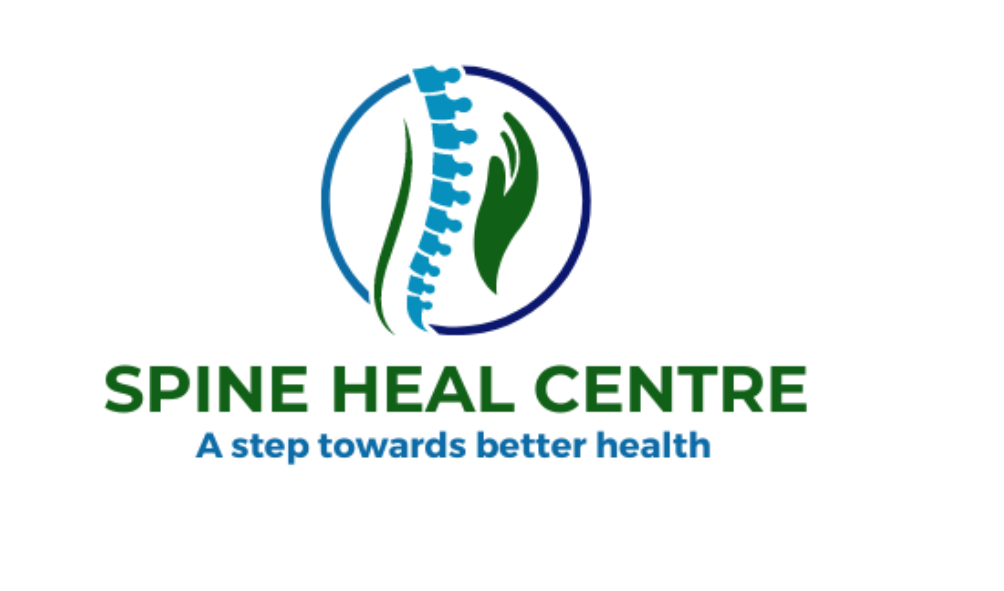Post Operative Rehabilitation

What is post-operative rehabilitation?
Postoperative rehabilitation is the process of regaining physical function following surgery using a combination of physical therapy, occupational therapy, and guided exercise. It is a necessary step toward a smooth and effective recovery. The recovery procedure is usually tailored to the individual’s needs and the sort of surgery they have had.Recovering from surgery is a crucial phase of any medical procedure. Post-operative rehabilitation plays a significant role in ensuring that patients regain their strength, mobility, and overall health. Whether you’ve had a minor procedure or major surgery, proper rehabilitation can significantly speed up your recovery time and reduce the risk of complications. This guide covers the key elements of post-operative rehabilitation and how to optimize your recovery for long-term health.
Importance of a Personalized Rehabilitation Program
Post-operative rehabilitation is not a one-size-fits-all approach. The type of surgery, patient’s age, physical condition, and overall health play a vital role in determining the rehabilitation program. For instance, someone recovering from knee replacement surgery will have different needs compared to someone recovering from cardiac surgery. A personalized rehabilitation plan will take into account:
- Type of surgery: Different surgeries require specific types of rehabilitation.
- Patient’s goals: Some patients may have goals like returning to sports, while others may simply want to regain mobility for daily activities.
- Physical condition: Pre-existing conditions such as arthritis or diabetes can affect rehabilitation speed and intensity.


Successful Rehabilitation
-
Follow Your Doctor’s Orders: Always adhere to the guidelines provided by your surgeon and rehabilitation team. Overexerting yourself can delay your recovery.
- Stay Active: Gentle movement is encouraged during your recovery to keep the blood flowing and muscles engaged. However, make sure to avoid strenuous activities unless approved by your physical therapist.
- Manage Pain Effectively: Use medications, ice, heat, or other therapies as recommended to manage pain and discomfort. Proper pain management can help you engage more fully in rehabilitation.
- Eat a Balanced Diet: Nutrition plays an important role in the healing process. Ensure that you consume a balanced diet rich in protein, vitamins, and minerals to support tissue repair and recovery.
- Stay Positive: Recovery can be a slow process, but maintaining a positive attitude can make a significant difference. Celebrate small wins and stay committed to your rehabilitation plan
-
Post-operative rehabilitation is a critical component of your overall recovery. With the right guidance, a personalized plan, and consistent effort, you can achieve optimal recovery and return to your daily life stronger than before. Whether you’re recovering from orthopedic surgery, cardiac surgery, or a general procedure, rehabilitation will help you regain your independence and improve your quality of life.
